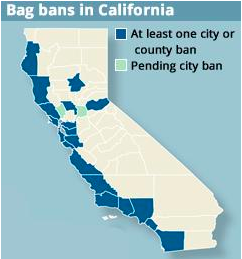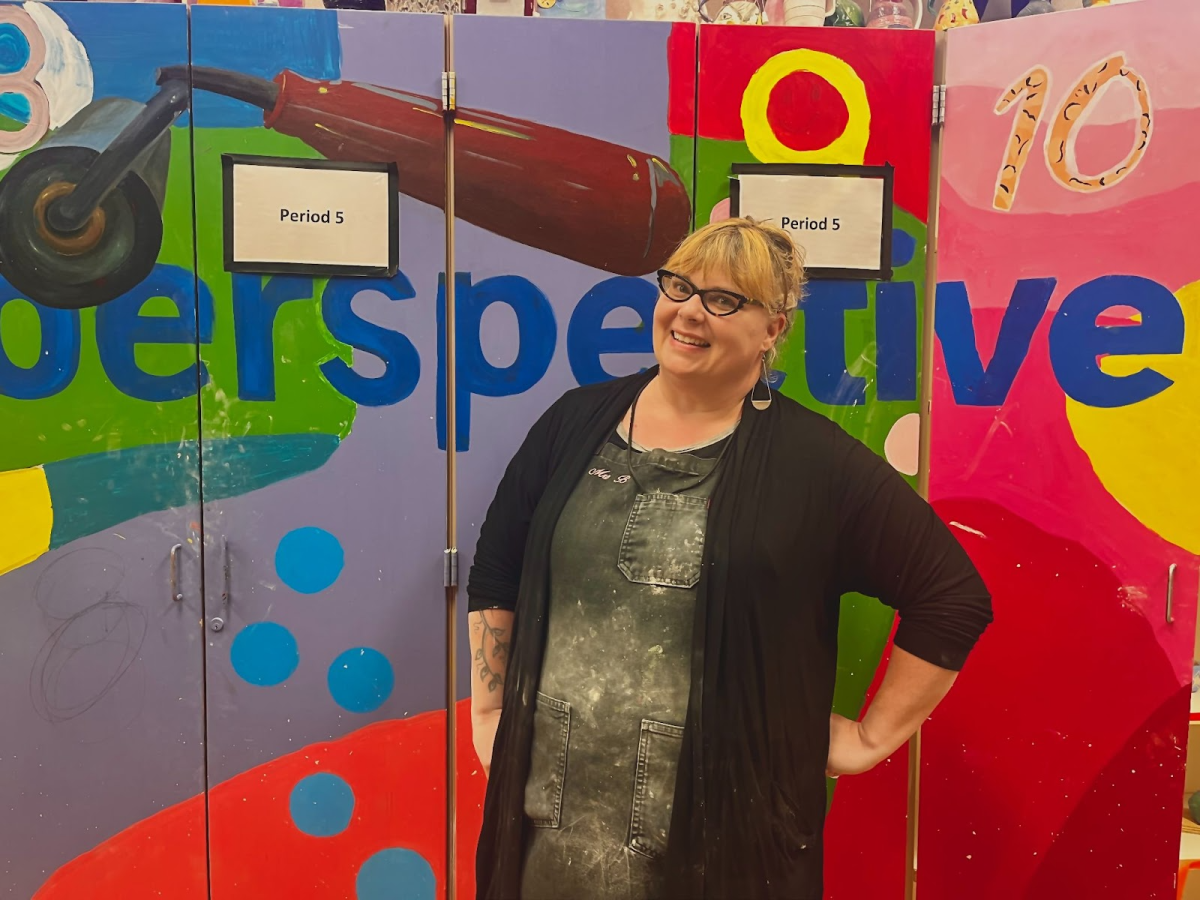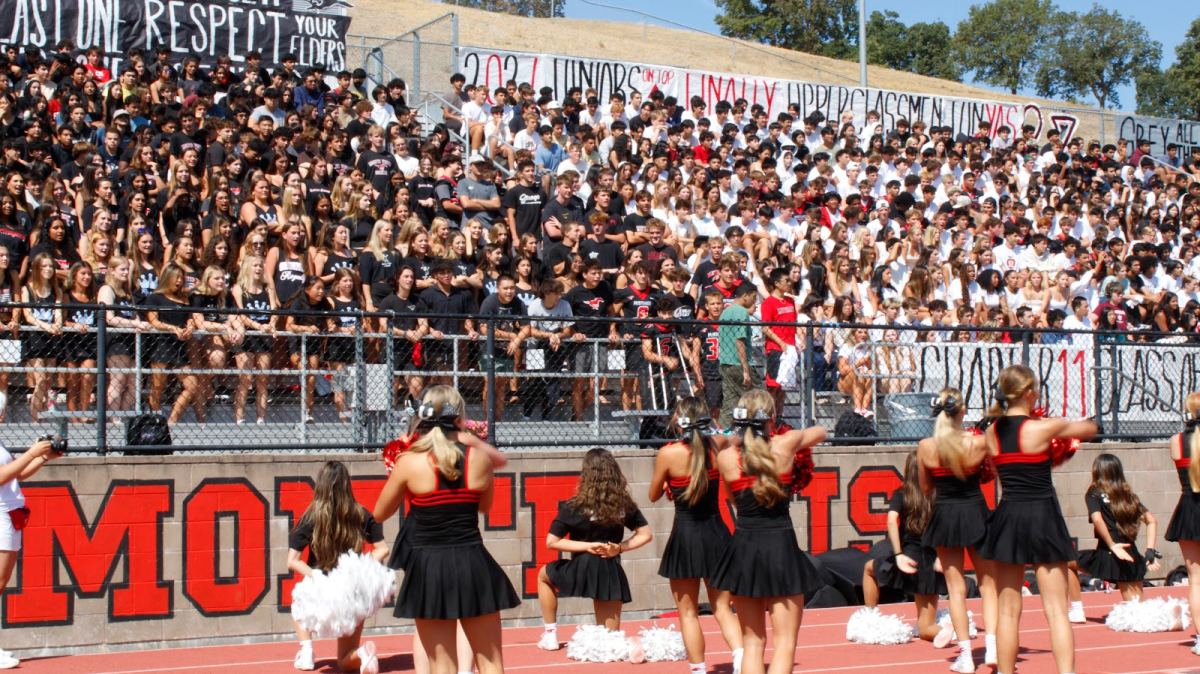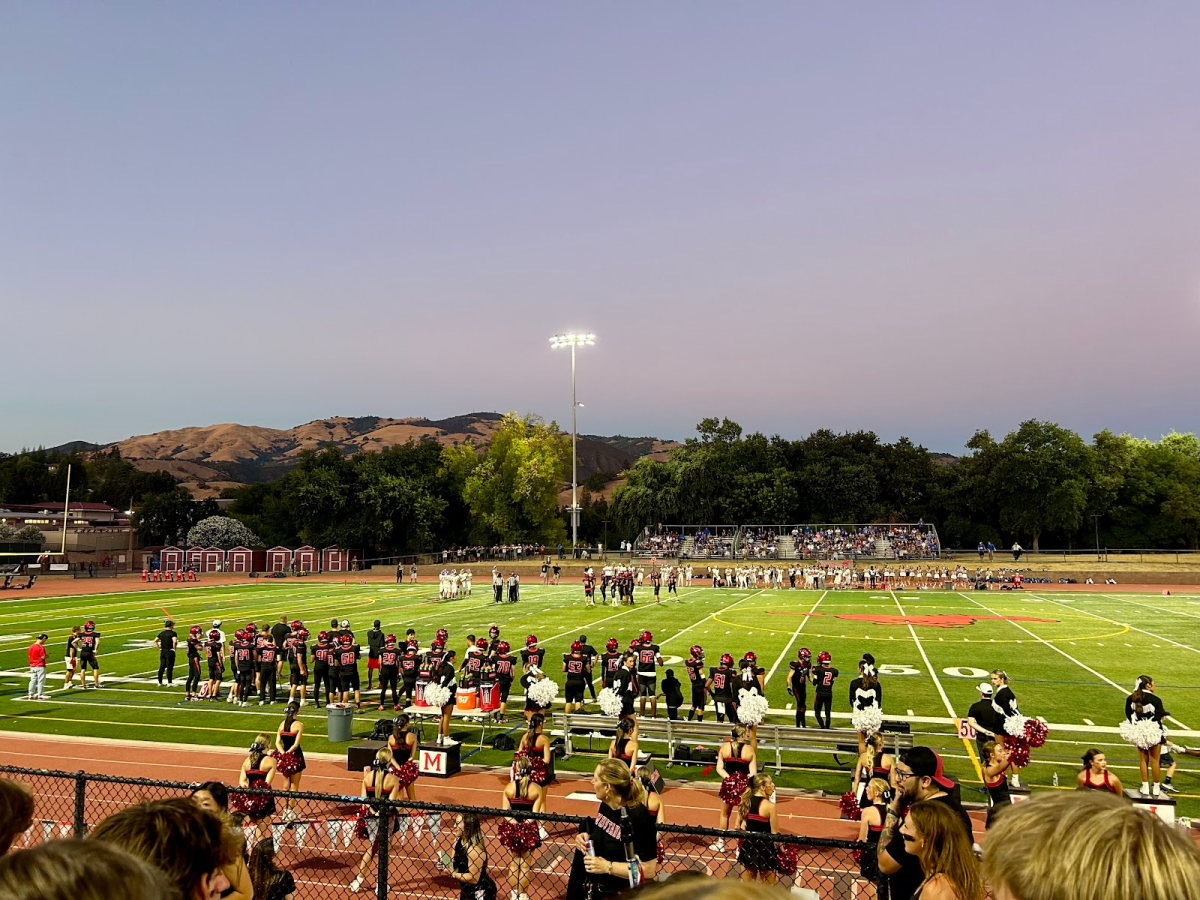Bag charges: coming to a store near you

December 17, 2014
In the midst of the holidays, Americans everywhere are frantically dodging crowds to keep up with the shopping rush of the season. Of course, nobody wants to shop with their hands full. The solution since day one? A bag.
Many counties in California, especially in the Bay Area, have adopted new regulations concerning the production and distribution of plastic and paper bags. In 2007, San Francisco became the first city in the United States to ban plastic bags altogether and in 2012, along with Marin County, started issuing a $0.10 charge for approved recyclable paper bags. These ridiculous ordinances are making their way to Contra Costa, and fast.
On the surface, we obviously see that environmentalism has its benefits. However, forcing customers to pay an extra fee at the register for something that has been a shopping necessity for decades has far deeper consequences. Despite the relatively low monetary value, customers must make yet another financial decision: pay the fee, or carry each item by hand.
Martha Asten owns Cliff’s Variety Store in San Francisco and feels the ordinances will complicate transactions for customers.
“It’s going to be a bit of a mess when it happens,” Asten said. “We ask customers if they want a bag, and that stops them from using it, but now they’ll have to make a financial choice.”
Not only do the new laws affect customers but also employees. Junior Nicole Loiseau works at Safeway and has concerns that it will affect bagging efficiency.
“As an employee, it takes much longer to bag [with] paper than plastic,” Loiseau said.
Above all, the bag charges add up. 75% of Americans spend at least $100 a week or more on groceries. If you figure this amounts to ten full paper bags times four weeks in a month, it totals about $48 per year spent on bags alone. This is a significant amount of money that one could easily invest back into the business to help it thrive.
Regarding the overarching ban on plastic bags, junior Maddie Petrush recognizes their usefulness.
“It’s like a lose-lose situation,” Petrush said. “What are people supposed to do, not have a bag at all? And people use plastic bags as lunch and trash bags. They’re very multipurposeful!”
While legislators have supposedly good intentions for California’s environment, most people consider convenience a higher priority in their daily lives. The last thing customers need to face every time they go to the mall or supermarket is the dilemma of purchasing a bag.











